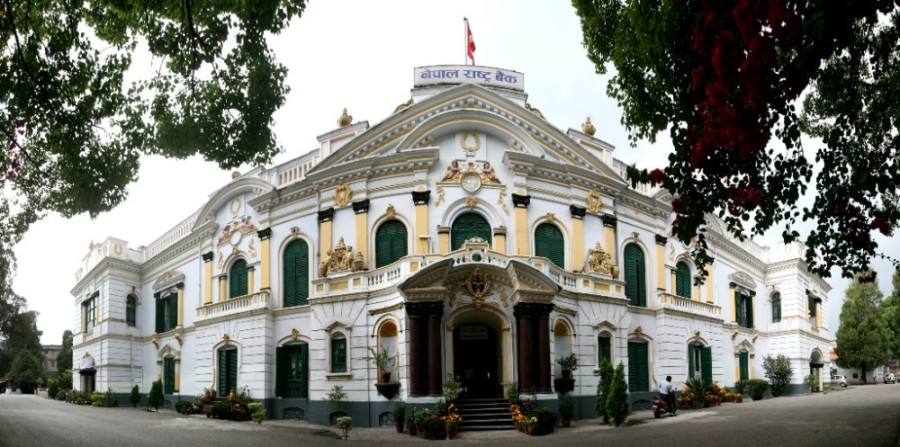Money
Nepal Infrastructure Bank receives operating licence
Nepal Infrastructure Bank, the first bank established as a public-private partnership, received its operating licence from Nepal Rastra Bank on Monday.
Nepal Infrastructure Bank, the first bank established as a public-private partnership, received its operating licence from Nepal Rastra Bank on Monday. The financial institution aims to fill the infrastructure funding gap, and is expected to come into operation by June.
The central bank issued the operating licence to Nepal Infrastructure Bank by creating a separate directive. As per Nepal Rastra Bank rules, Nepal Infrastructure Bank needs to go into business within six months of receiving the operating licence. Chief Executive Officer Anil Gyawali of Nepal Infrastructure Bank said they planned to throw open their doors before that date.
The government moved to set up Nepal Infrastructure Bank with the objective of financing infrastructure projects. It will own 10 percent of the bank’s stock, and the rest of the capital will be put up by the private sector.
The central bank has relaxed the rules for Nepal Infrastructure Bank, and it will be allowed to issue loans up to 90 percent of its credit to core capital and domestic deposits ratio. The ceiling for commercial banks is 80 percent. Nepal Infrastructure Bank is permitted to accept fixed deposits of a minimum of Rs10 million, and the minimum maturity period is five years. As an A class financial institution, it needs to maintain a capital adequacy ratio of 11 percent. Gyawali said Nepal Infrastructure Bank would focus on issuing long-term loans to construct infrastructure projects. “Other than collateral based financing, we will be offering credit to large projects via a public-private partnership model under which government agencies and the private sector will stand guarantee for the loans,” he said.
The bank will have an authorised capital of Rs40 billion, issued capital of Rs20 billion and paid-up capital of Rs12 billion. According to the bank, it will be investing in infrastructure development, particularly in construction, transportation, agriculture, energy, tourism, special economic zone, urban development and information technology. Nepal Infrastructure Bank will play an active role in managing funds required by large infrastructure projects from both domestic and foreign sources, it said. It will also invest in credit instruments issued by large projects. Gyawali said they would focus on infrastructure projects that ensure higher value addition. “We also aim to invest in social and economic overheads such as opening new tracks, bridges, irrigation systems, water supplies and markets in rural areas,” he added.
Nepal Rastra Bank has fixed the interest rate spread of the bank, or the difference in borrowing and lending rates, at 4 percent. Gyawali pledged to offer equitable interest rates on both loans and deposits. “We will focus on providing good returns to depositors while offering loans at competitive rates.”
Nepal is in dire need of capital for infrastructure to reach the targets set out by the Sustainable Development Goals by 2030. As per National Planning Commission estimates, the country requires Rs1,770 billion in investments annually to meet the targets. The government is organising the Investment Summit from March 29-30 in a bid to attract foreign capital.




 9.89°C Kathmandu
9.89°C Kathmandu














